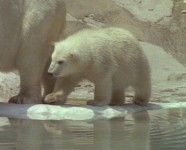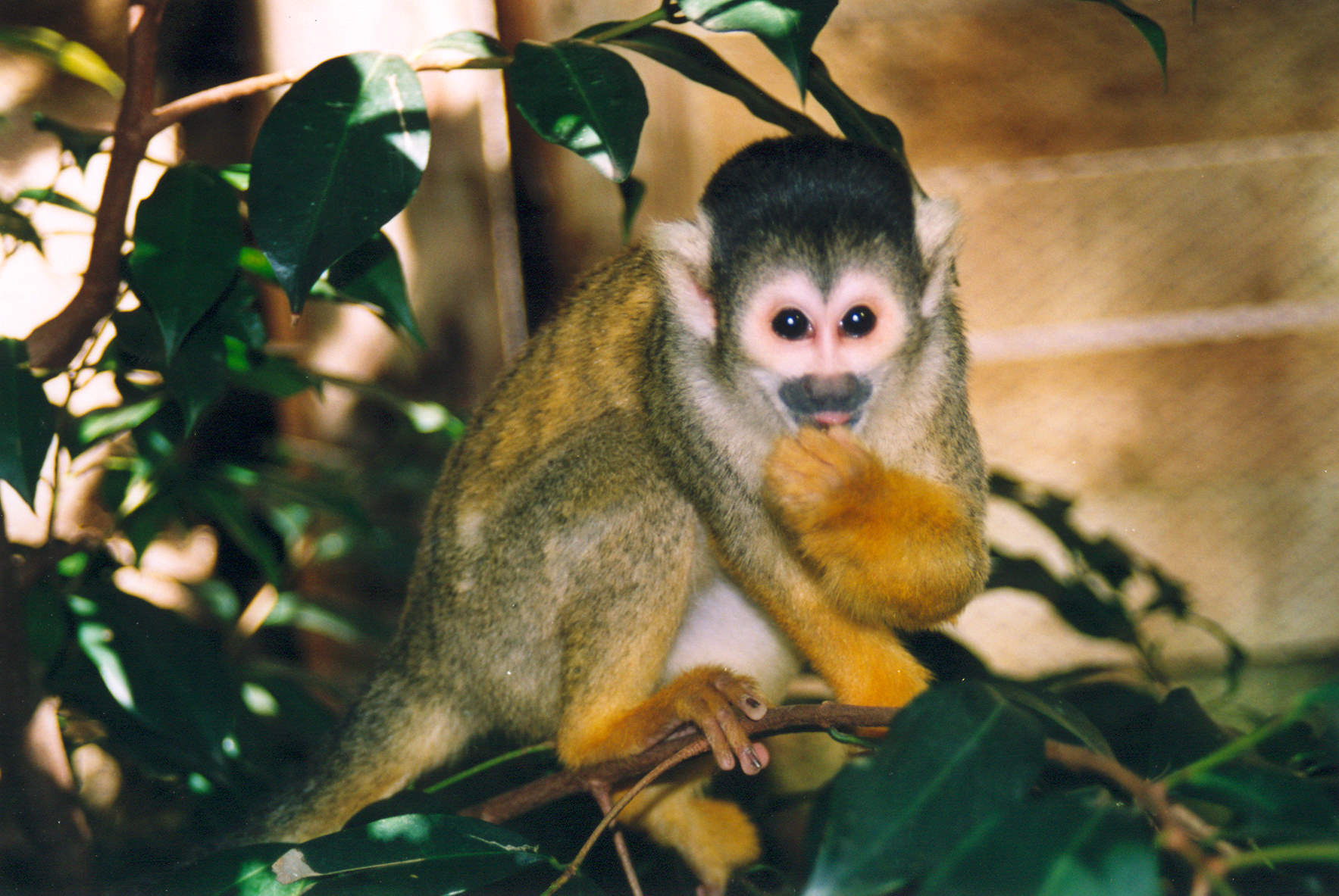The Arctic ice we all depend on is disappearing. Fast.

The Arctic ice we all depend on is disappearing. Fast. In the last 30 years, we’ve lost as much as three-quarters of the floating sea ice cover at the top of the world. The volume of that sea ice measured by satellites in the summer, when it reaches its … Continue reading




